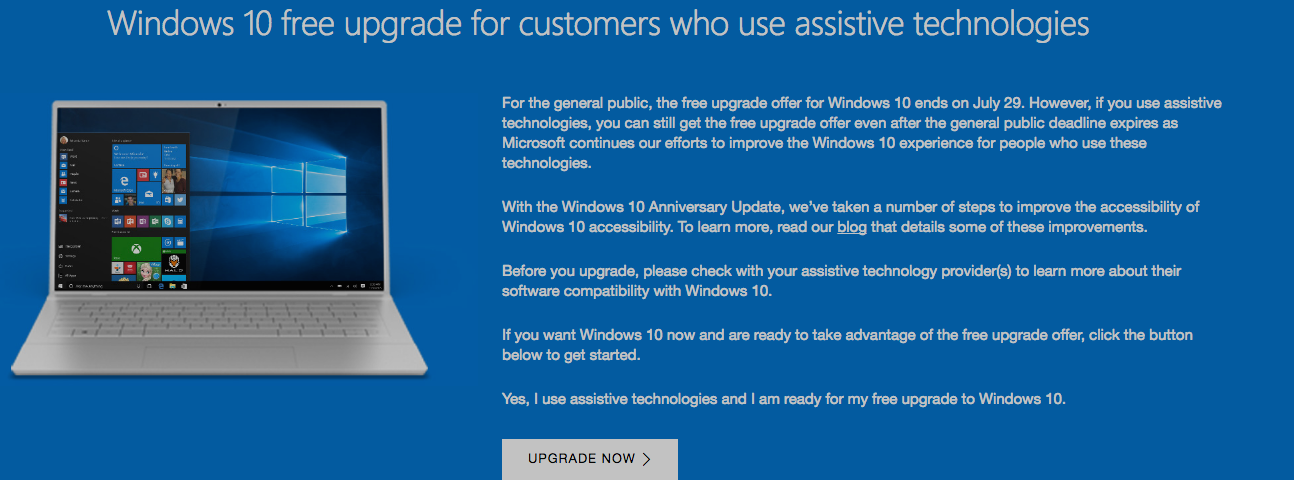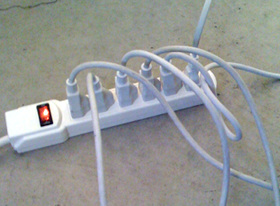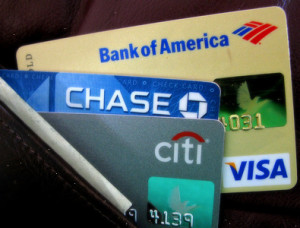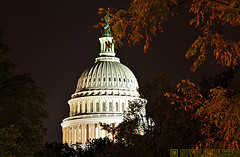For-profit colleges operate under the so-called “90/10 Rule,” which states that a school can’t receive more than 90% of its revenue from the federal government. However, there’s a loophole that does not count certain military-related education funds — like the GI Bill — against that 90%, meaning these schools can go over that 90% threshold without violating the 90/10 Rule. And according to a new report, hundreds of for-profit schools are indeed getting nearly every dollar of their funding from taxpayers. [More]
loopholes

You Can Still Upgrade To Windows 10 For Free — Here’s How
July 29 has come and gone and maybe you’re sitting there smacking yourself for not upgrading to Windows 10 for free while you had the chance. If you don’t want to spend $120, there’s still hope for you yet. [More]

Groups Say Walmart Violated Election Laws To Get Employees To Donate To PAC
Walmart can’t donate directly to their own “pro-business” political action committee, they can’t make employees donate to it, and they can’t pay employees for donating to it. Those things would all be against the law, and would draw the ire of the Federal Election Commission. But the company is legally allowed to create incentives for employees to donate to their PAC by creating matching charitable contributions. The problem? The only charity in play is one that gives to Walmart employees. According to a complaint lodged with the FEC today, that means Walmart is still basically paying off employees to make political contributions, and should be stopped. [More]

How Employers Use Charity To Make Barely-Legal Political Contributions
Though corporations can create and sponsor a political action committee, they aren’t allowed to donate directly to PACs using funds from their general treasuries; that’s straight-up against the law. Nor are companies allowed to pay or reimburse employees for donating to particular PACs. But there is a loophole in the law that allows large companies like Boeing, Coca-Cola, and Walmart to encourage workers to donate to particular political groups, and that loophole is all about charitable matching. [More]

We’re All Gonna Die, Might As Well Make Some Money Off It
Imagine that you, your spouse, or a beloved relative is terminally ill. A man approaches you and asks whether your family would be interested in a little proposition. Your relative would need to provide their name, Social Security number, and a signature or two. In return, they would receive a few thousand dollars. Sounds like an identity theft scheme, doesn’t it? Only it was all perfectly legal. No families were swindled, no fake credit cards were opened. The lawyer behind this scheme was taking advantage of a loophole in the rules of a specific type of life insurance product, variable annuities. Investors used a system intended to protect a large nest egg for future generations to profit without having to die. [More]

Beware These Credit CARD Act Loopholes
Protections offered by the Credit CARD Act of 2009, which demanded more transparency and established tighter rules for credit card companies, have left some loopholes that expose users to potential exploitation. Credit card-offering banks, which rarely miss an opportunities to use credit to manipulate customers, are taking advantage of the law’s shortcomings. [More]

Couple Uses Legal Loophole, Gets House Practically For Free
How did an Iowa couple with two foreclosures already under their belts get to own their house free and clear after making only one mortgage payment? By taking advantage of a law designed to keep married couples from making huge financial commitments without the other’s consent. Since the wife was late to their closing and didn’t sign the mortgage, the couple now owns their house free and clear after making only one payment. [More]

Chase Approves Transaction Anyway After Customer Declines Overdraft Protection
Paul opted not to sign up for Chase’s overdraft fee trap–oh wait, they call it “protection”–but Chase happily ignored this fact and approved a transaction anyway, which led to a $34 overdraft fee that they refuse to reverse. The loophole they’re using to get around Paul’s opt-out is that the vendor was someone he’d authorized in the past, and therefore this new transaction isn’t protected from the bank’s “protection” fee. [More]

Anyone Who Has Your Phone Number Can Steal Your Rewards In Gas Promo
A Giant/Shell gas promotion ties access users’ rewards points to their phone numbers, opening up a gaping security breach for unscrupulous users who want to swipe points from others. [More]

Retail Policies Do Little To Curtail Shoplifters
Shoplifters drive up costs for law-abiding shoppers, and store policies tend to be stacked in favor of thieves, according to a UPI analysis that reports 92 percent of retailers were victimized in 2009. [More]

Energy Star Introduces Stricter Rules In Attempt To Prevent Cheating
Last year the Department of Energy, which co-administers the Energy Star certification program with the EPA, admitted that it allows many companies to certify their goods themselves. That was somewhat worrying, but nothing like what happened earlier this year when government auditors successfully got ludicrously power-hungry designs approved for the Energy Star label. The EPA and Energy Department have responded by announcing a new, stricter certification process. [More]

Watch Out For These Tricks After The CARD Act Kicks In Next Month
The credit card reform bill will go into effect at the end of February, but that doesn’t mean you should stop paying attention to what your credit card company does with your account. There are lots and lots of loopholes, notes WalletPop. For example, your card issuer can still raise rates on future purchases any time and for any reason. In addition, there’s no limit to the number of fees that can be invented and applied to your account. The only way to make sure you don’t get screwed by a profit-hungry card issuer is to read every single thing that’s mailed to you, and closely review your statement for evidence of any changes that you may have missed. [More]

Video: Ditch Your Cell Phone Contract For Free
In this video, a blonde dame in glasses shows you how to escape your cellphone contract for free with several tried and true tips for defeating those $175 early termination fees.

Fine Print Mars In-Store Pickup Guarantees
Best Buy, Sears, and Circuit City all promise fast and easy in-store pickup for online orders and are willing to pay if they fail to deliver. Mouseprint scoured the fine print of each guarantee in search of loopholes.




